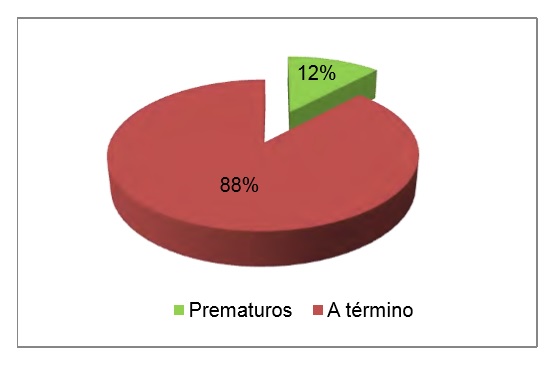Efecto de la oxitocina en el Apgar bajo en recién nacidos prematuros y a término
DOI:
https://doi.org/10.33017/RevECIPeru2011.0040/Keywords:
Oxytocin, low Apgar score, newborn, stratified analysis.Abstract
The Apgar score is an indicator of the newborn´s cardiorespiratory and neurological conditions. The study evaluates the oxytocin effect’s in the low Apgar scores in newborns at term and premature in the Hospital Belen of Trujillo from Peru. The cross-sectional study included 4812 births in pregnant women aged 15 years or more and up to 42 weeks of gestation, treated at the Belen Hospital’s - Trujillo, from May 2005 - May 2008. The data were processed with PASW Statistics 18 and EPIDAT 3.1. Oxytocin was used in 2088 births and 12% of births were born preterm. Low Apgar score was present in the first minute of life at 7.52% of newborns and 5 min in 1.37%. Oxytocin is a protector factor against low Apgar only at the fifth minute (RR = 0.453, 95% CI: 0261-0784), findings confirmed by Mantel-Haenszel estimates. The protector effect of oxytocin, determined by the stratified analysis, is especially important in premature neonates both in the first minute (RR = 0.593, 95% CI 0395-0892) and at the fifth minute (RR = 0.346, 95% CI: 0144-0830).


